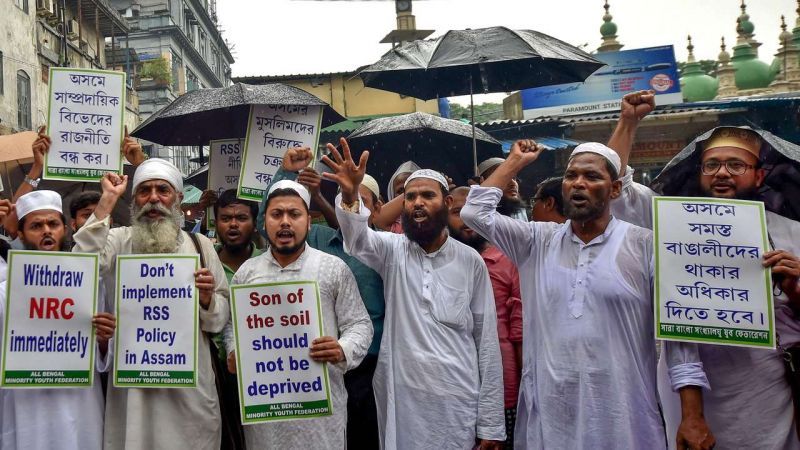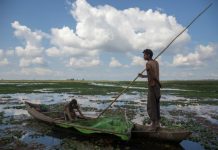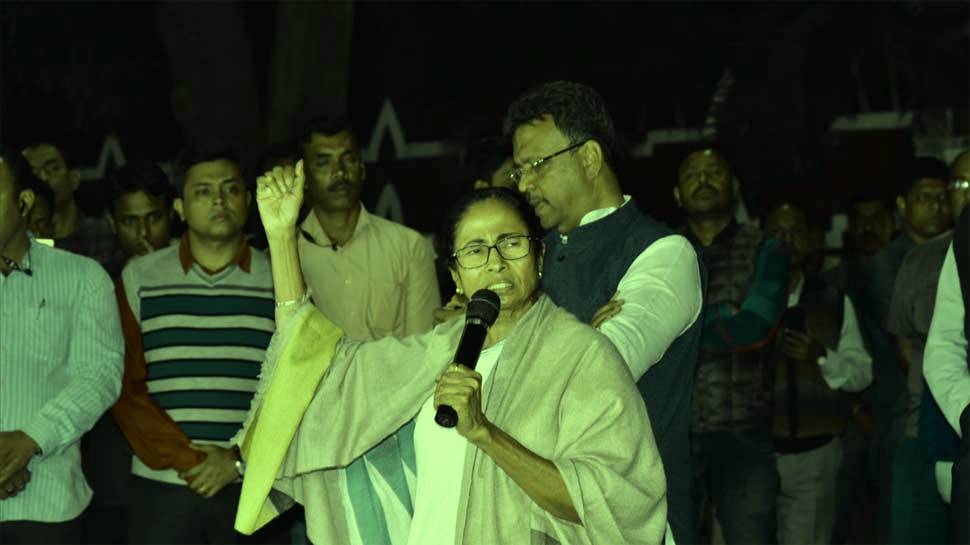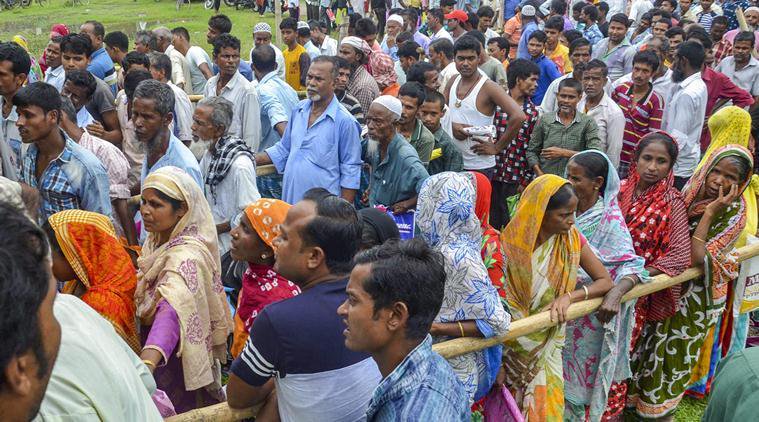On November 20, Home Minister Amit Shah declared in Parliament that the government would indeed begin a nationwide NRC exercise. He also asserted that it was quite natural that since the exercise will be conducted across India, Assam too would have to undergo the process once again.
It is to be noted that in the state of Assam, the process of NRC update came to a conclusion merely three months ago.
Assam is also the only Indian state to have a prior NRC compiled in 1951, the update exercise took the government four long years and costed the state close to Rs 1,600 crore. The purpose of the NRC is to distinguish between documented citizens and undocumented migrants.
A cabinet minister in the Assam’s BJP government called Himanta Biswa held a news conference after Amit Shah’s announcement in the Parliament where he said that his government favoured one composite NRC with a uniform cut-off year for the entire country.
The NRC in Assam was updated in accordance with the provisions of the Assam Accord- this is an agreement that Assamese nationalists signed in 1985 with the Union government to end off their six year long anti-foreigner movement in the state.
The Indian Constitution was amended to account for the Assam Accord. The state of Assam was henceforth going to have its own rule for citizenship according to a cut-off date. Those who migrated to the state of Assam before or on March 24,1971 would be considered Indian citizens of the state of Assam.
The corresponding date for the rest of the nation is set to be July 19,1948.
After the announcement made by Amit Shah in the Parliament , many concerns have been raised about the cost and the time that such a large scale NRC exercise would take questions have been raised about whether such an exercise is particularly discriminatory towards a specific religious minority.
The fact that the state of Assam would have to again undergo the NRC also brings to light the point that this could again make Assam the melting point of religious strain and conflict.
NRC and the Muslims of India
It was on August 31 that the final NRC came out in the state of Assam. It only managed to impress those who had affiliations to the BJP or supported it ideologically but for a large section of the population it raised a variety of concerns. Concerns were raised about why so many people were left out of the NRC even while they were Hindus. The state unit of the BJP rejected it. Sarma has gone ahead and said that the next process of the NRC would be rectifying the errors that had been left uncorrected in its first phase.

– See more at: http://southasiajournal.net/citizenship-amendment-bill-and-the-people-of-assam/
But Bengali Hindu groups living in Assam don’t seem to be convinced yet and say that another NRC exercise is the government’s way of holding them hostage by making them foreigners fist so that they are grateful to the BJP for giving them a chance at citizenship through the Citizenship Bill.
They also raised concerns about the harassment and difficulties that people have to once again face due to the reintroduction of the NRC in Assam as part of the pan-India exercise that is to come soon.
The Home Minister’s solutions to all the problems is the citizenship amendment bill which proposes to amnesty all illegal migrants from Bangladesh, Afghanistan and Pakistan, provided that they are not Muslims.
This is seen as an open violation of the constitutional injunction that suggests that religion should never become criteria for citizenship in secular India and this communal subtext is being camouflaged in the language of refuge.
India would shelter Hindu, Jain, Sikh, Buddhist, Parsi, Christian minorities fleeing hostility in these countries in keeping with the great tradition of welcoming the persecuted refuge.
Once the Citizenship Amendment Bill is passed it can be weaponised by the ruling party, as the Citizenship Amendment Bill amnesties all non-Muslims and puts them on an accelerated path to Indian citizenship. Thus after the CAB, the only category of immigrants to be rendered illegal would be the Muslims.
Once the NRC exercise is accepted and begins fully, we won’t be considered citizens unless we prove it and we are guilty until we prove our innocence.
Under the NRC, the burden of proof is suddenly shifted: it is the citizen who has to prove that he/she actually has a legal claim to “citizenship.” This is what the people of Assam had to go through under the NRC’s scrutinising eyes. They were all compelled to create a series of records- land records, previously issued identity cards, cremation and burial records, ancient school certificates which they all were required to feed into a bureaucratic machine in order to prove their citizenship.

This is what the BJP wants all of us to undergo, we have to prove to the gigantic, distant and often indifferent state machinery that we indeed are “Indian.” Only citizens licensed by the state will truly be considered citizens and those who fail to produce the required records will be pushed to the perils of being illegal migrants.
This indeed is going to be a form filling, document making and utterly frustrating affair for most of us as we interact with an indifferent, inconsistent and often corrupt bureaucratic order.
While Hindus, Sikhs, Jains, Buddhists, Parsis and Christians will find it easier to walk the path of citizenship, the NRC will bring about immense anxiety among all the Muslims who will face an existential crisis as they struggle to furnish documents that could save them from being termed “illegal migrants” in their own country.














